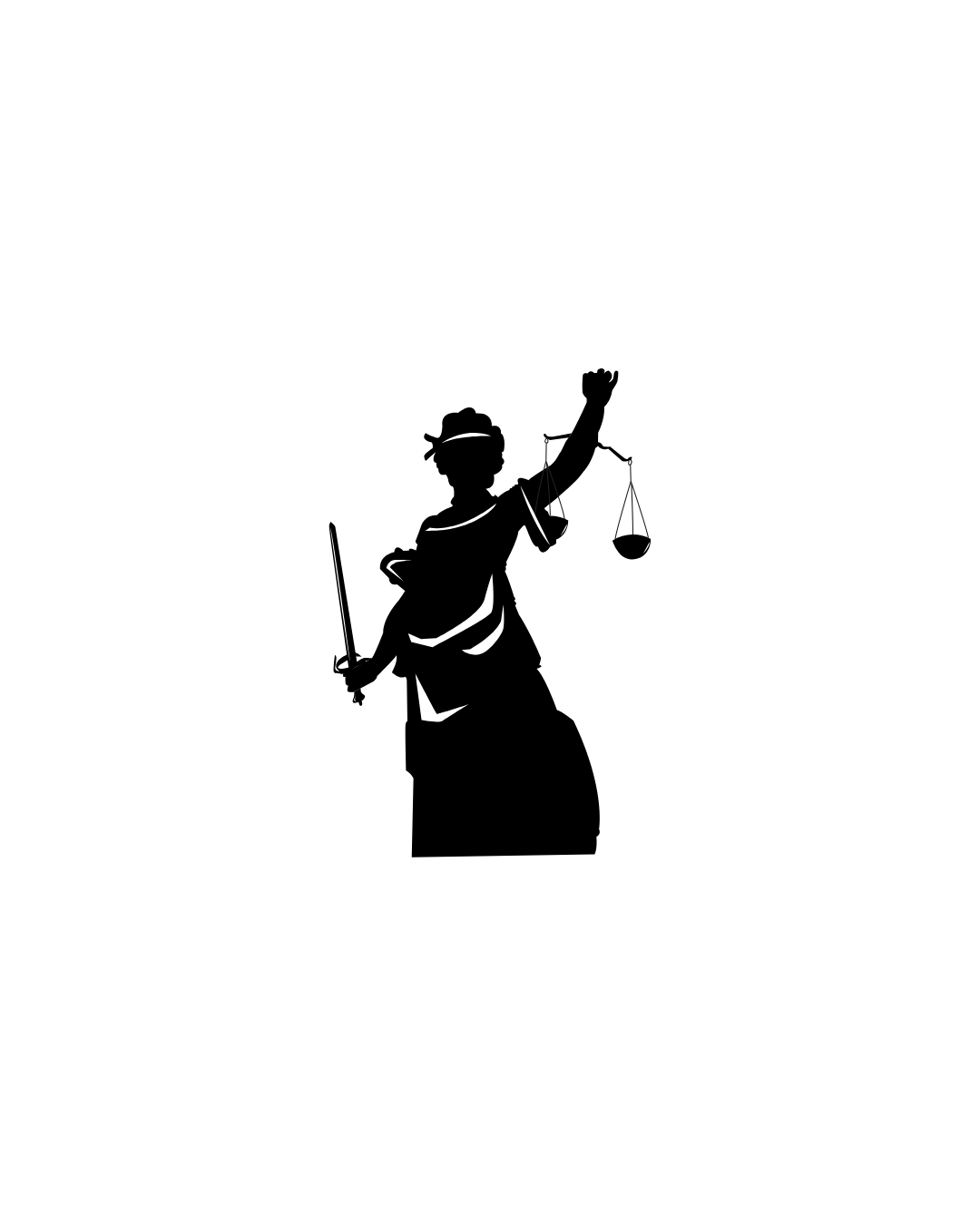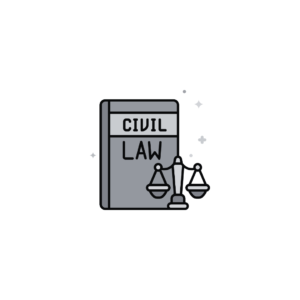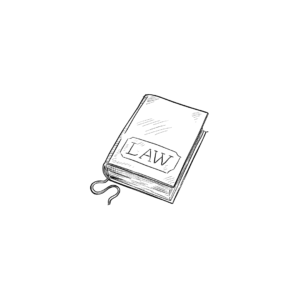Description
Program Duration for LL.B. (Bachelor of Law – General)
The duration of an LL.B. program typically varies depending on the educational system and structure of the institution. Here are the common durations:
Three-Year LL.B. Program:
This program is often pursued by students who already have an undergraduate degree (in any field) and want to specialize in law. It usually consists of six semesters.
Five-Year Integrated LL.B. Program:
This is designed for students who enter law school directly after completing their high school education. It combines undergraduate studies with law education and usually entails ten semesters.
Both programs include foundational legal education, covering subjects like constitutional law, criminal law, contract law, tort law, property law, and various electives, along with practical aspects like legal writing and advocacy.
Career Opportunities After Completing LL.B. (Bachelor of Law – General)
Graduates with an LL.B. have a wide range of career opportunities in various sectors, including:
Advocate/Lawyer:
Represent clients in legal matters, including litigation in different areas such as criminal law, family law, civil law, and corporate law.
Corporate Counsel:
Work in-house for corporations to provide legal advice on business-related issues, compliance, contracts, and risk management.
Legal Consultant:
Offer legal advice to individuals or businesses on specific issues, helping them navigate complex legal frameworks.
Judicial Services:
Pursue a career in the judiciary by qualifying for civil services exams to become a judge or magistrate.
Legal Analyst/Researcher:
Conduct legal research and analysis for law firms, corporations, or governmental agencies, helping to inform legal strategies and decisions.
Public Prosecutor:
Work for the state to prosecute criminal cases and represent the legal interests of the government in court.
Legal Educator/Professor:
Teach law at universities or educational institutions and may also engage in research within the legal field.
Alternative Dispute Resolution Specialist:
Facilitate mediation and arbitration processes to resolve disputes outside of traditional court systems.
Human Rights Advocate:
Work for NGOs or governmental bodies to promote and protect human rights through legal frameworks.
Real Estate Lawyer:
Specialize in matters related to property sale and purchase, leases, zoning, and land use law.
Compliance Officer:
Ensure that organizations adhere to laws, regulations, and internal policies, particularly in highly regulated industries.
Skills Developed in an LL.B. Program
Graduates of an LL.B. program typically develop key skills that are beneficial in legal careers, including:
Analytical Thinking: Ability to analyze complex legal issues and construct logical arguments.
Research Skills: Proficiency in conducting thorough legal research using various resources.
Communication Skills: Both written and verbal skills are crucial for drafting documents, representing clients, and negotiating.
Critical Thinking: Assessing different perspectives and potential consequences of legal positions.
Conclusion
An LL.B. degree provides a solid foundation for various legal careers, offering flexibility for specialization and the ability to make a significant impact in the legal field. If you’re interested in further details about specific law schools, admission requirements, or additional career paths, feel free to ask!









